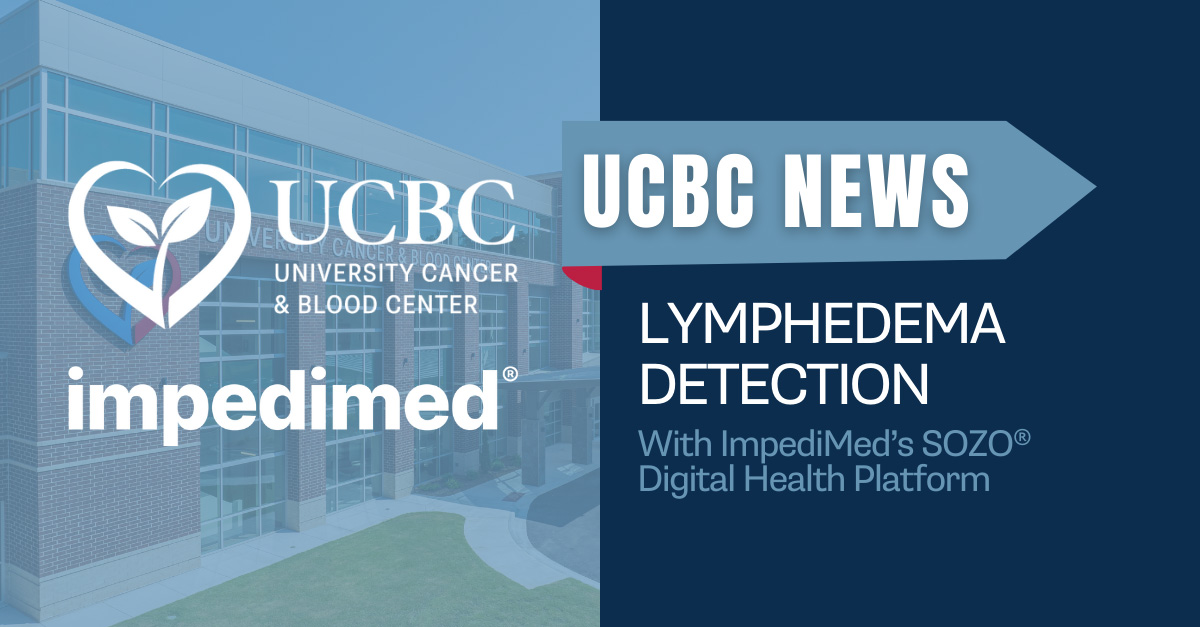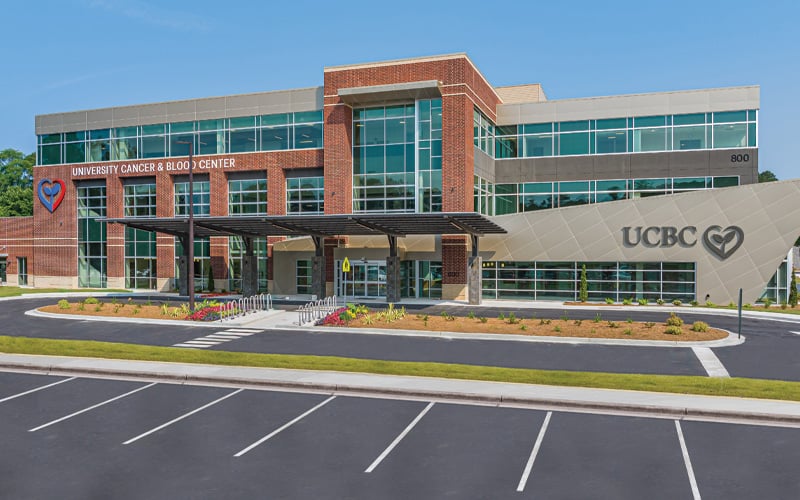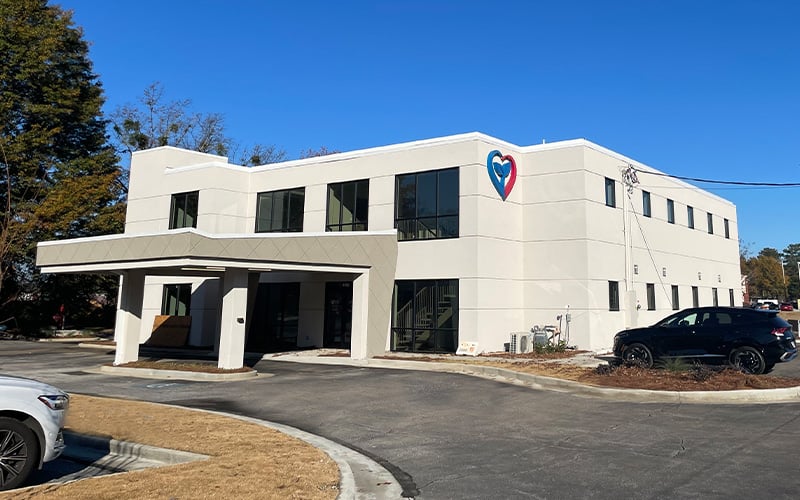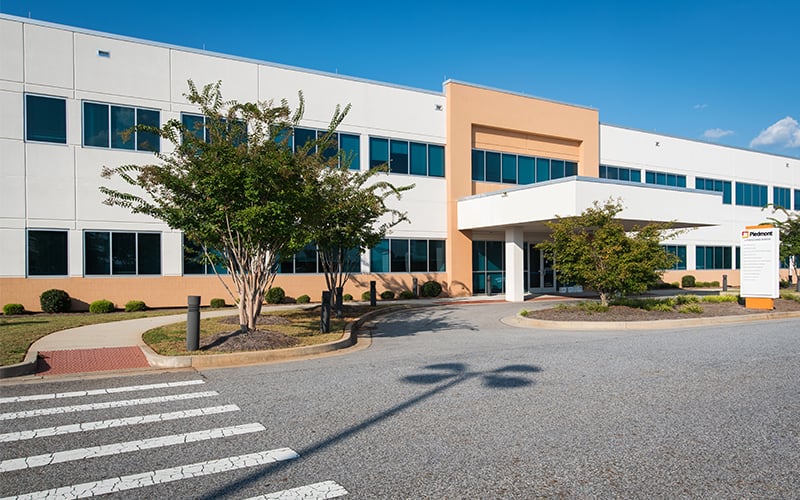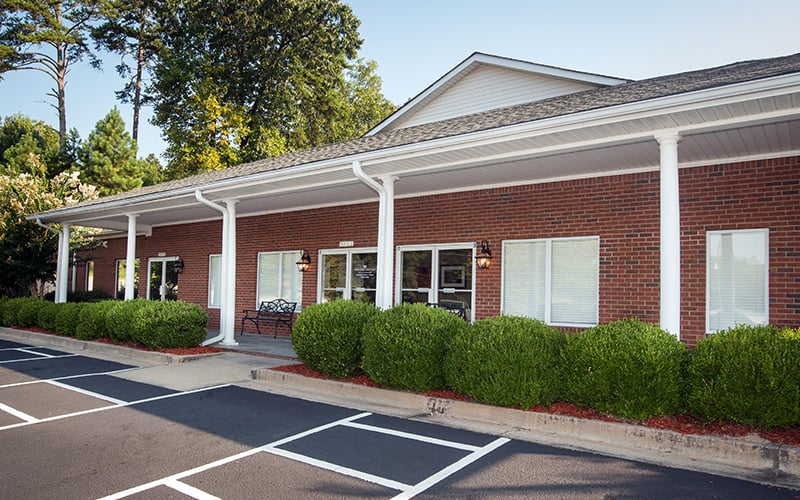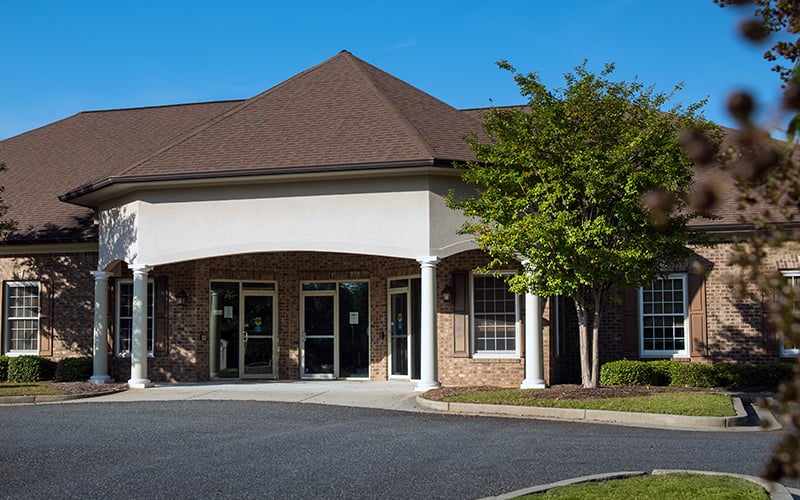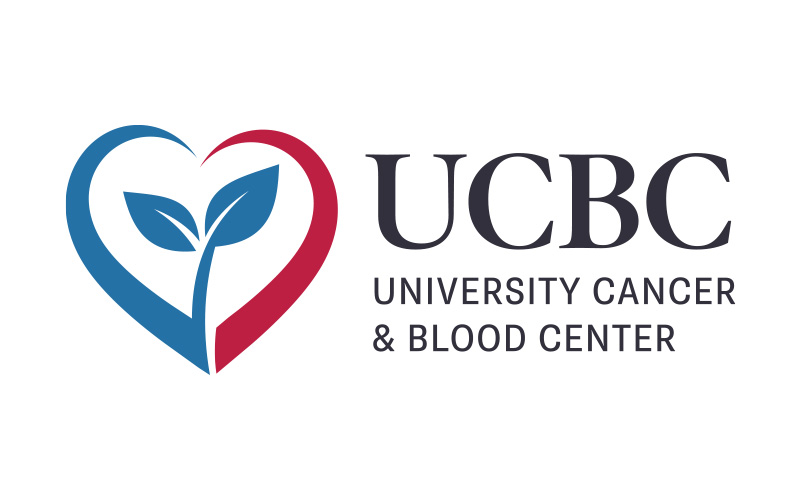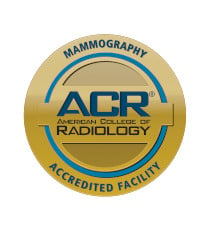Innovative Program Demonstrated to Stop Progression of Secondary Lymphedema in 92% of Breast Cancer Survivors Through Three Years
University Cancer & Blood Center (UCBC), a leading oncology practice for Northeast Georgia, has announced an innovative new program to reduce the impact of secondary lymphedema in breast cancer patients and survivors. The new program will include breast cancer patients who are at risk of developing lymphedema from surgical, radiation, or taxane-based chemotherapy treatments.
“At UCBC, we continually strive to provide the best possible care for our breast cancer patients,” says Dr. Ashley Ray, breast surgeon at University Cancer & Blood Center Breast Health Program. “For us, this means both delivering excellent care to our patients during treatment and after they have beat the disease. Breast Cancer survivorship is growing rapidly due to improved treatments, and we are proud to be the first practice in our region to offer lymphedema prevention as a service to our patients.”
Breast cancer-related lymphedema is characterized by a buildup of lymphatic fluid that causes painful and somewhat debilitating tightness and swelling in the affected arm. There are more than 290 thousand newly diagnosed breast cancer patients every year in the U.S., and 80% are at risk of developing arm lymphedema. Previously, breast cancer patients were not routinely monitored, but now, there is a new technology to aid in the early detection of lymphedema.
The new lymphedema prevention program utilizes the latest lymphedema detection technology, called L-Dex. L-Dex is a measurement of fluid buildup in an at-risk limb compared to a healthy limb. It is measured on the SOZO® system, which uses a sophisticated technology called bioimpedance spectroscopy (BIS). The SOZO test is non-invasive, takes less than 30 seconds to complete, and provides results immediately after the test. At-risk patients receive a baseline measurement and then are measured regularly after treatment. An L-Dex increase of 6.5 or more from baseline is an indication that lymphedema is developing, and intervention is needed. Recently published data from the largest randomized trial to assess lymphedema prevention, the PREVENT trial, showed that early detection using L-Dex combined with intervention can stop 92% of breast cancer patients from progressing to chronic lymphedema through three years.
Breast cancer patients can choose University Cancer & Blood Center with confidence. To schedule an appointment, call 762-356-4780.
University Cancer & Blood Center has been Northeast Georgia’s leading cancer and hematology treatment center for over 40 years. Our highly skilled medical professionals, whose backgrounds include working at the nation’s leading cancer centers, provide every patient with the most advanced cancer care available in an atmosphere of care and compassion.
